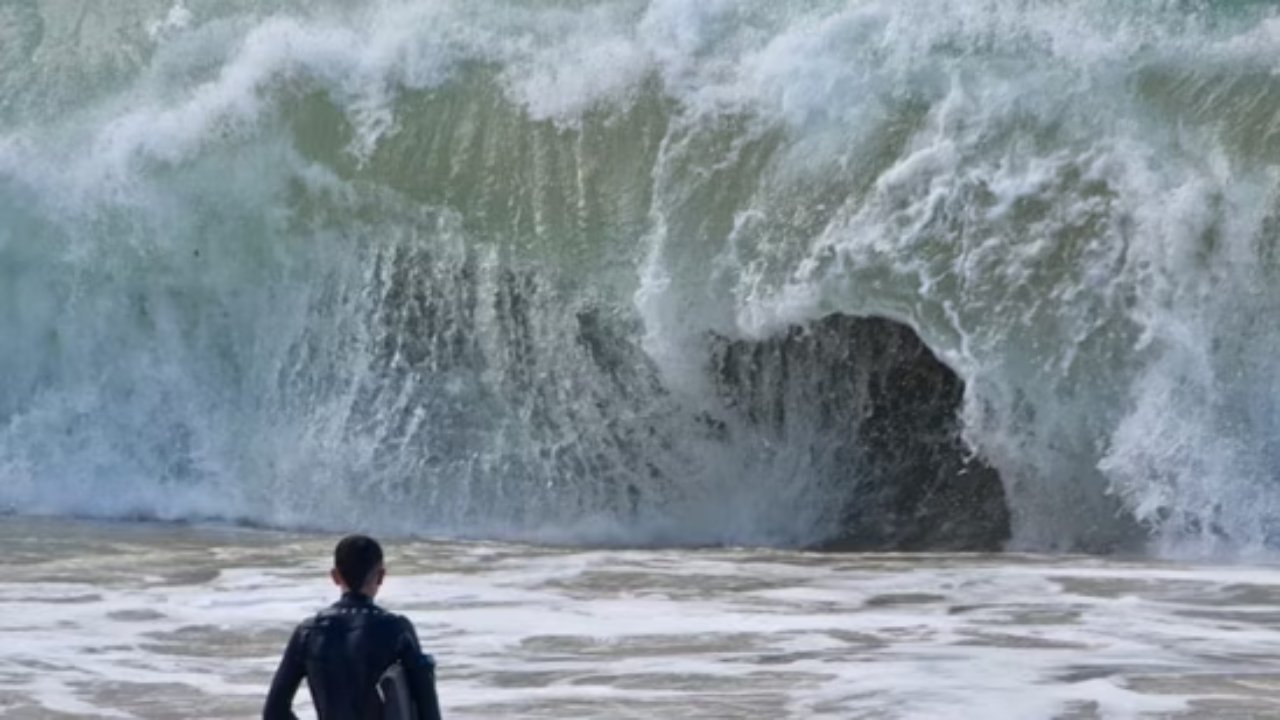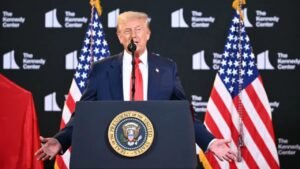Pope Francis: Recent Updates and Legacy
Pope Francis, born Jorge Mario Bergoglio, served as the 266th pope of the Roman Catholic Church from March 13, 2013, until his death on April 21, 2025. As the first Jesuit pope and the first from the Americas, his papacy was marked by humility, a focus on the marginalized, and efforts to address global issues such as climate change, migration, and social justice. This article provides a comprehensive overview of recent updates regarding Pope Francis, culminating in his passing, and reflects on his enduring legacy, drawing from recent reports and sentiments expressed globally.
Recent Updates on Pope Francis
Health Challenges and Hospitalization
Pope Francis faced significant health challenges in the final years of his life. In February 2025, he was admitted to Rome’s Agostino Gemelli Polyclinic Hospital on February 14 due to bronchitis, which later developed into bilateral pneumonia. His condition was described as “stable” but “complex,” requiring oxygen therapy and, at times, non-invasive mechanical ventilation. By March 17, 2025, the Vatican reported slight improvements, with the pope using high-flow oxygen therapy less frequently and showing reduced swelling in his hand due to improved mobility. Despite these updates, his prognosis remained guarded, and he continued treatment for a polymicrobial respiratory infection and early kidney failure, as confirmed by blood tests in late February.
On March 23, 2025, Cardinal Robert Francis Prevost led a rosary in St. Peter’s Square for the pope’s recovery, reflecting global concern and prayers from places like Buenos Aires, Cairo, and Rome. Despite a brief return to his Vatican residence at Casa Santa Marta, his health deteriorated further, leading to his death on Easter Monday, April 21, 2025, at age 88, due to a stroke and subsequent heart failure.
Death and Funeral Arrangements
The Vatican announced Pope Francis’s death on April 21, 2025, at Casa Santa Marta. Cardinal Kevin Farrell, Camerlengo of the Holy Roman Church, confirmed the passing, noting Francis’s life of service to the Church and the marginalized. His body was moved to St. Peter’s Basilica on April 23 for public veneration, with approximately 250,000 people paying their respects over three days. The funeral, held on April 26, 2025, was attended by international leaders, including U.S. President Donald Trump, former President Joe Biden, and Britain’s Prince William. Archbishop Diego Ravelli emphasized that the funeral rites were simplified per Francis’s wishes, focusing on faith rather than worldly power.
Global Tributes and Mourning
The death of Pope Francis prompted widespread tributes. In Argentina, his homeland, thousands gathered at the San Jose de Flores Basilica in Buenos Aires, where he once served, to mourn and celebrate his humility and care for the poor. In the Philippines, over 2,000 attended a requiem mass in Manila Cathedral, reflecting his popularity in Asia’s largest Catholic nation. World leaders, including those with differing views like President Trump, acknowledged his moral voice. Posts on X echoed this sentiment, with one stating on July 22, 2025, that Pope Francis held Middle Eastern Christians in his heart, underscoring his empathy for global conflicts.
Papal Conclave and Succession
Following Francis’s death, the College of Cardinals convened a conclave starting May 7, 2025, to elect his successor. On May 8, 2025, white smoke signaled the election of Cardinal Robert Francis Prevost, an American from Chicago, who took the name Pope Leo XIV. The first American pope, Leo XIV, expressed intentions to continue Francis’s legacy of inclusivity while addressing modern challenges like artificial intelligence and the Church’s sexual abuse scandal.

Legacy of Pope Francis
A Papacy of Humility and Accessibility
Pope Francis’s papacy was defined by his “no-frills” approach, choosing to live in the Vatican guesthouse rather than the Apostolic Palace and traveling with cardinals by bus. His motto, Miserando atque eligendo (“by having mercy and by choosing”), encapsulated his emphasis on God’s mercy and outreach to the marginalized. He was fluent in multiple languages, including Spanish, Italian, and German, and conversant in Latin, French, Portuguese, and English, making him a global communicator.
Social and Moral Advocacy
Francis was a vocal advocate for social issues. His 2015 encyclical Laudato Si’ was the first papal document focused on the environment, influencing the Paris Climate Agreement. He consistently called for peace, notably in Ukraine and Gaza, and urged an end to the “cycle of violence” in the Middle East in a posthumously published op-ed. His stance on migration clashed with rising nationalist trends, and while he supported traditional Church teachings on marriage and abortion, he adopted a more inclusive tone on LGBTQ+ issues, allowing blessings for same-sex couples while maintaining doctrinal limits.
Controversies and Challenges
Francis faced criticism for his progressive stances, with some labeling him the “woke Pope.” His opposition to Argentina’s same-sex marriage bill as archbishop sparked debate, though he later softened his tone as pope. Allegations regarding his role during Argentina’s Dirty War were raised but dismissed by human rights activists like Adolfo Pérez Esquivel, who confirmed he was not complicit with the dictatorship. His health struggles, including a partial lung removal in youth and later mobility issues, humanized his leadership but limited his public engagements in his final years.
Diplomatic Achievements
Francis played a pivotal role in restoring U.S.-Cuba diplomatic relations in 2014, acting as a mediator following President Obama’s request. His meetings with Cuban leaders, including Raúl Castro, highlighted his diplomatic influence. He also fostered dialogue with other faiths and secular leaders, reinforcing the papacy’s global moral authority.
Conclusion
Pope Francis’s death marked the end of a transformative papacy that reshaped the Catholic Church’s engagement with the modern world. His focus on humility, mercy, and social justice left a lasting impact, influencing his successor, Pope Leo XIV, to continue opening the Church to diverse voices. As the world mourned, from Argentina to the Philippines, Francis’s legacy as a pastor for the poor and a voice for peace endures, guiding the Church into a new era.














Post Comment